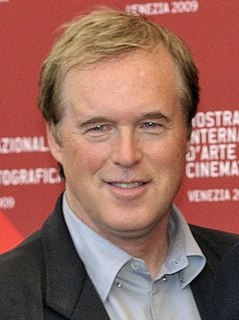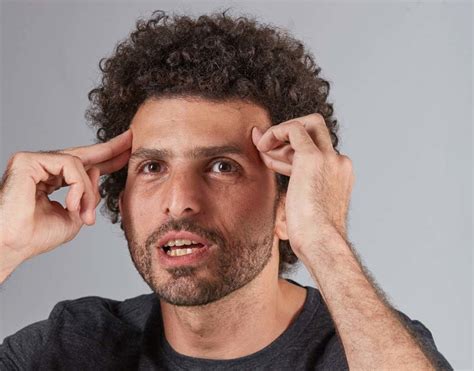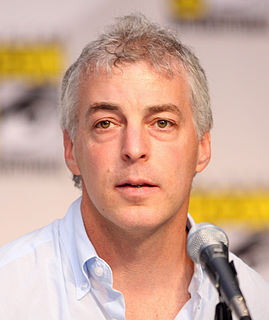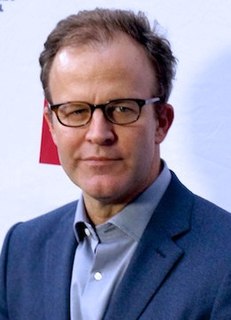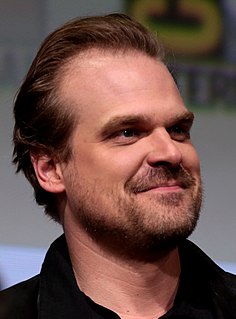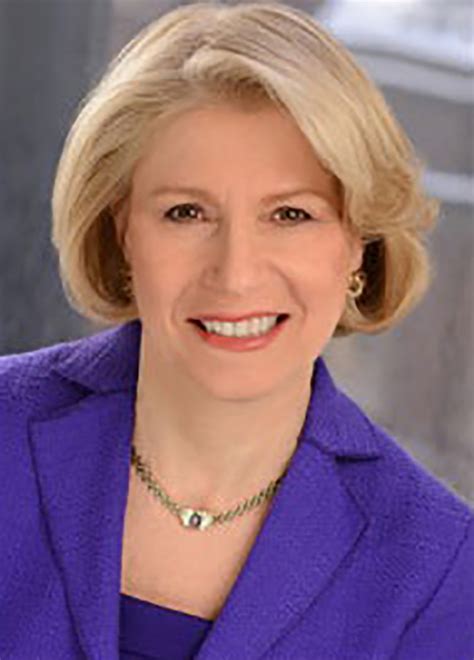A Quote by Joan Didion
I don't have a very clear idea of who the characters are until they start talking.
Related Quotes
Sometimes I'll be fifty, sixty pages into something and I'll still be calling a character "X." I don't have a very clear idea of who the characters are until they start talking. Then I start to love them. By the time I finish the book, I love them so much that I want to stay with them. I don't want to leave them ever.
When you start talking about same-sex marriage, you start talking about abortion, and I think those issues are very very important and very interesting and very right for us to talk about, but when we allow those issues to cannibalize all other issues we find ourselves homeless while we debate about it.
Like, in general I think people have very complicated reasons for wanting things, and we often have no idea whether we’re actually motivated by altruism or a desire to hook up or a search for answers or what. I always get annoyed when in books or movies characters want clear things for clear reasons, because my experience of humanness is that I always want messy things for messy reasons.
What's actually amazing is that, after a couple of years of living with characters and writing characters and talking about characters, as we sit in the writers room and break episodes, it strikes you, every once in awhile, that you're talking about a character that's played by the same actor, who you've been talking about forever. We talk about a character dying, so you get emotional, and then you realize, "Oh, but wait, that actor is still on the show."
I was very resistant to my intellectualism for a while. I do start with an intellectual idea for a character. A lot of the times, it'll be the opposite of what I feel like is on the page, or it'll be just an idea that I read in a psychology textbook or in a philosophy book. I'll apply something to it that I can start to tinker with.




